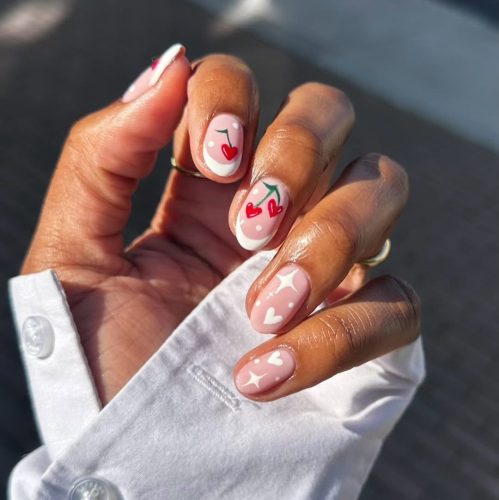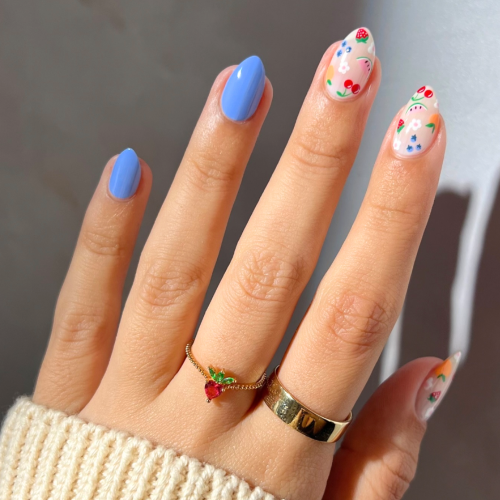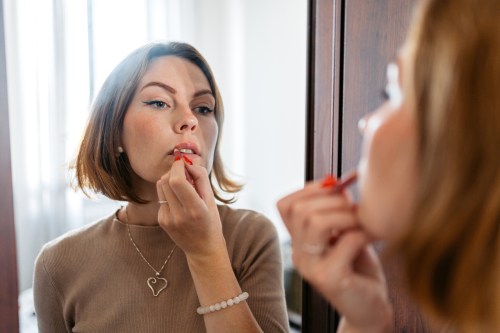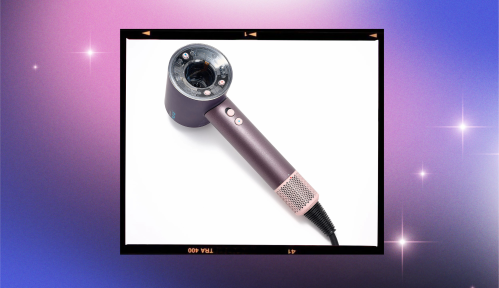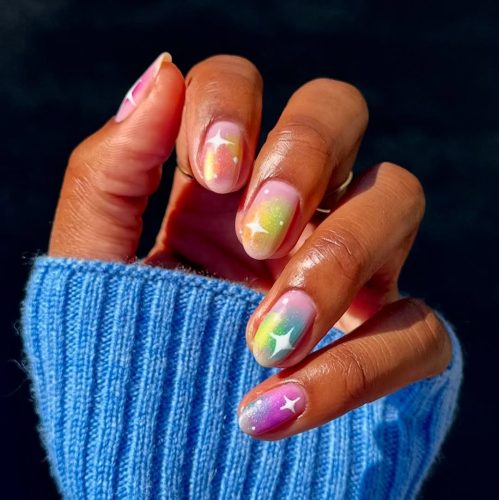Make an A+ decision on what vitamin C serum to buy with this skin-saving checklist
A skin expert and a dermatologist break down how to choose a vitamin C for face use that works with your skin type and what it needs.

Along with popularity and the cult-fave status, comes some mystery—vitamin C serums, famous for their brightening and free-radical-fighting benefits, are recommended by skin pros and dermatologists alike, and yet, there are still plenty of questions that arise when you’re face-to-face with them on the skin-care shelves.
“Vitamin C is well-loved for brightening and firming your skin, in addition to boosting collagen, strengthening elasticity, and providing a surge of antioxidant power,” raves Jenna Walsh, skin therapist at Heyday LA. “It’s shown to help with free radical damage from pollution and sun-drenched summer days, and results in noticeably smoother, brighter skin for those who use this ingredient consistently.”
But boy, does it mean business. In part, superstar ingredients, like vitamin C, require some testing to figure out what works. The ingredient comes in different concentrations, in different textures, and in different bottles that are meant to help it from oxidizing and going bad. To know how to make the most out of vitamin C and make it work harder for your skin, here’s the unfiltered 411 on what to look for.
The vitamin C checklist for brighter skin
1. Know the concentration: As far as the concentration goes, it really depends on your skin type. “It’s important to know if you have sensitive, dry, or oily skin when choosing a concentration of vitamin C,” says Purvisha Patel, MD, a board-certified dermatologist and founder of Visha Skincare. “Start low with 10 percent and then work your way up over a few months as your skin gets used to it.” According to her, you’ll commonly find vitamin C in products at between 10 to 20 percent concentrations because that’s “acidic enough to go through the epidermis.”
And yet, vitamin C is notoriously hard to stabilize. “When antioxidants, especially vitamin C, are exposed to oxygen and light, they begin to break down,” she explains. “Within six months of opening, the content can diminish to 2 percent or less, leaving you with oxidized vitamin C, which is actually known to irritate the skin.” With vitamin C, write the date opened on the pack and use it within 6 months. So…
2. Make sure the packaging’s right: First of all, it’s key to be using a vitamin C serum instead of a cream, for example. “It’s imperative that the vehicle the vitamin C is delivered to the skin is a serum because it’s a water-soluble molecule that’ll best traverse the outer layer to the dermis where it’s needed in a water-based vehicle like a serum,” says Dr. Patel. Besides that, the bottle of the product is actually important. “Make sure you’re buying a vitamin C product in a bottle that won’t let it oxidize. It should be in an opaque container that’s airtight since it easily degrades in oxygen and sunlight,” she says. Walsh adds that you should avoid clear or light bottles, and opt for an air-tight pump as opposed to a dropper applicator to prevent oxidation from happening.
3. Read your skin: So what exactly should you be watching for on your face when you’re figuring out whether a product is doing its pigment-diminishing, skin-brightening job? “Your skin should be smoother, softer, and more glowy,” explains Dr. Patel, and you’ll see the first (subtle) signs in a week or so. “Some of your dark spots should be a bit lighter, as if you’ve had an exfoliation. Then, over the months there should be a decrease in dark spots and a thickening of the skin. There may be less breakouts as well.” AKA you’re looking great, honey.
Walsh says that it can take even longer to tell, but that it’s key to be really patient. “Give your skin at least 3 to 4 months to complete several rounds of cell turnover before seeing a noticeable change,” she says. But your skin should be telling you if it’s no good, too—it’ll act up if it doesn’t like the serum. “You’ll not see the above results if it’s not working,” says Dr. Patel. “If your skin gets too dry or peely after using, then the concentration may be too much for you, or you may be allergic to one of the ingredients in the serum.” And that just means it’s time to do the detective work to figure out which formula is right for your skin.
To also help brighten your complexion, try incorporating exfoliating acids into your routine. And, of course, vitamin A—here’s how to apply retinol without burning your face off.
Sign Up for Our Daily Newsletter
Get all the latest in wellness, trends, food, fitness, beauty, and more delivered right to your inbox.
Got it, you've been added to our email list.
